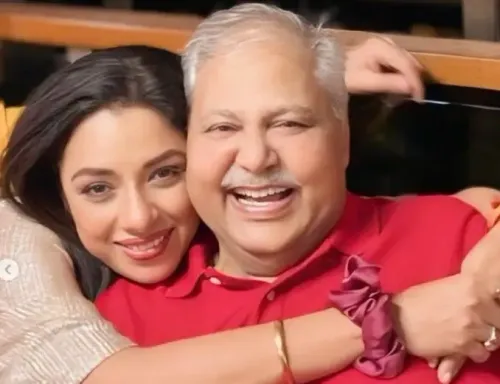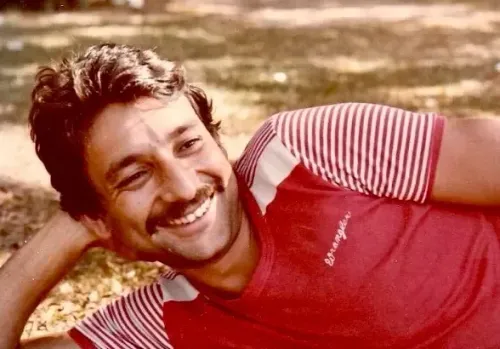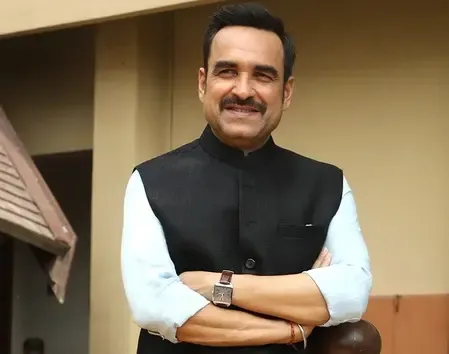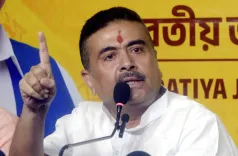Why Did Vipin Sharma Want to Redeem Himself After ‘Taare Zameen Par’?
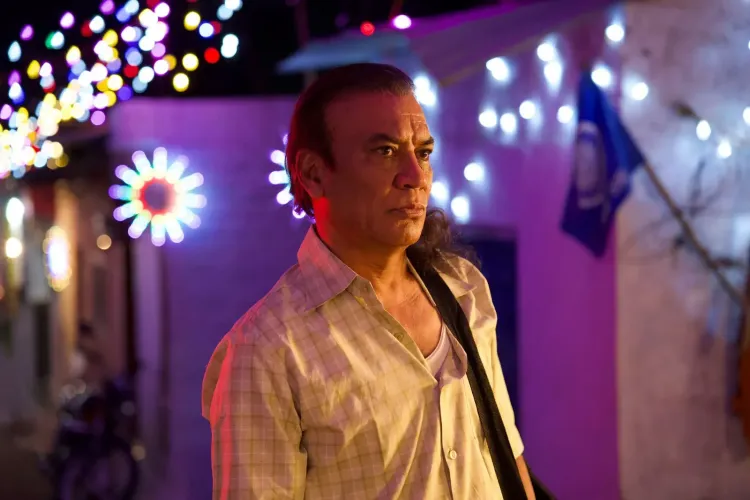
Synopsis
Key Takeaways
- Vipin Sharma's desire for redemption stems from his past role in 'Taare Zameen Par'.
- His performance in 'Dhadak 2' highlights themes of caste discrimination.
- Sharma emphasizes the emotional bond between father and son in his portrayal.
- His evolution as an actor is evident through diverse roles.
- Collaboration with unique filmmakers enhances his storytelling ability.
Mumbai, Aug 4 (NationPress) Actor Vipin Sharma has expressed that he has always aimed to “redeem” himself following his role in ‘Taare Zameen Par’.
The actor, who has garnered significant acclaim for his performance in the newly released film ‘Dhadak 2’, is recognized for infusing depth, restraint, and a distinct honesty into every character he portrays.
In ‘Dhadak 2’, he takes a bold creative direction by portraying a cross-dressing father in a narrative steeped in caste bias and social marginalization, delivering a performance that is both tender and multilayered.
Reflecting on his role, the actor remarked, “The praise I have received for ‘Dhadak 2’ from critics and audiences alike has genuinely surprised me! The character in ‘Dhadak 2’ feels quite familiar! I didn’t require extensive research, and I feel incredibly lucky to connect with unique filmmakers who present significant stories on screen.”
His portrayal has resonated deeply with audiences and critics, with many highlighting it as one of the film’s most subtly powerful moments.
Sharma also discussed the evolution of the roles he has undertaken, stating, “In the film, my interaction with Neelesh is minimal in terms of our shared scenes. The father is seldom present at home.”
“Therefore, the challenge was to convey what is absent. Ever since ‘Taare Zameen Par’, I have felt a desire to redeem myself. I strive to see how my personal admiration and respect for my co-actors can enhance my performance! And it truly did! Someone astutely noted that the tenderness of my character reflects a loving connection between the father and son,” he added.

